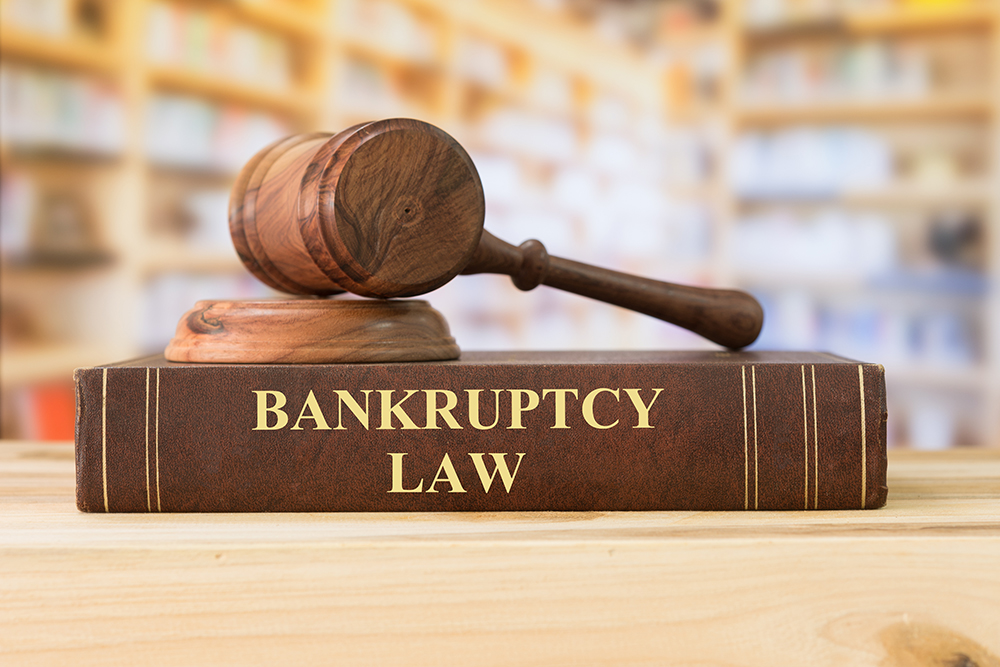
Bankruptcy Anti-modification
When choosing your next bankruptcy attorney in Miami, you should make sure that he/she has knowledge of the following, as it may prove to be important in your case.
In bankruptcy, debtors have the ability to strip down or strip off mortgages and liens on real property as long as the real property is worth less than the mortgage or lien. However, when the real property constitutes the principal or primary residence of the debtor, the anti-modification provision applies.
The anti-modification provision states that a mortgage or lien cannot be stripped on the debtor’s principal or primary residence if the mortgage or lien has any security. This means that if a mortgage or lien has even $1 dollar of secured value, the mortgage or loan cannot be modified if it is the debtor’s principal or primary residence. However, this anti-modification provision does not apply when: 1) the real property is not the principal or primary residence of the debtor, such as investment property or second homes; or 2) when the mortgage or lien is secured by something other than the primary or principal residence.
For example, let’s say that you’re facing bankruptcy and your primary residence is a condominium in Miami and has a mortgage and secured value of $400,000. Your Miami bankruptcy attorney may advise you that your mortgage cannot be modified because your mortgage is secured to a certain extent.
However, when discussing what it means to have a security interest in something other than the primary or principal residence of the debtor, we have to look at the loan documents. In Chapter 13 and Chapter 11, the Bankruptcy Code states that claims secured only by real property constituting the principal residence of the debtor cannot be modified. 11 U.S.C. §1322(b)(2); 11 U.S.C. §1123(b)(5). The anti-modification provisions in Chapter 13 and Chapter 11 should be interpreted similarly. In re Benafel, 461 B.R. 581,586 (9th Cir. BAP 2011).
When creditor’s claim is secured on something more than just the debtor’s principal or primary residence, the creditor loses the protection of the anti-modification provisions. Such security beyond the principal or primary residence have constituted escrow accounts and personal checking accounts.
In re Crystian, 197 B.R. 803, 806-807 (Bankr.W.D.Pa.1996). Such additional security eliminating the anti-modification provisions have also included security interests in appliances, machinery, furniture and equipment. In re Hammond, 27 F.3d 52, 55-56 (3d Cir,1994); In re Johns, 37 F.3d 1021, 1023-1024 (3d Cir.1994); In re Sapos, 967 F.2d 918, 922 (household appliances and wall to wall carpeting); Wilson v. Commonwealth Mortgage Corp., 895 F.2d 123, 128-129 (3d Cir.1990); In re Davis, 989 F.2d 208, 212-213 (6th Cir.1993).
The anti-modification provisions have also not applied where a creditor asserts a security interest in household furniture and a motor vehicle. In re Baksa, 5 B.R. 184, 186-187 (Bankr.N.D.Ohio 1980); cf. In re Rolle, 218 B.R. 636 (Bankr. S.D. Fla. 1998), Judge Mixon, sitting in place of Judge Cristol (Refrigerator and gas stove was not enough to remove purchase money mortgage from anti-modifcation provision). The anti-modification provisions were narrowly drafted to apply to protect mortgage lenders but not secured claims based on extraneous consumer purchases. In re Loper, 222 B.R. 431, 439 (Bankr.D.Vt.1998).
In summary, you and your bankruptcy attorney in Miami should be aware that for debtor’s stripping off or stripping down mortgages or liens on their principal or primary residence, the anti-modification provisions may not be applicable allowing these mortgages and liens to be modified just like any other property. For creditors, this means that creditors need to take extra special care to not secure collateral beyond the principal or primary residence of the debtor or these creditors risk losing the protections of the anti-modification provisions.
Looking for a Miami bankruptcy attorney? Find out more!
This article was written by Richard R. Robles, Esquire, a leading bankruptcy attorney in Miami. For more information or legal advice from his bankruptcy law firm in Miami, please Contact Us
By Richard R. Robles, Esquire
Law Offices of Richard R. Robles, P.A.
905 Brickell Bay Drive, Suite 228
Miami, Florida 33131
(305) 755-9200
[email protected]
